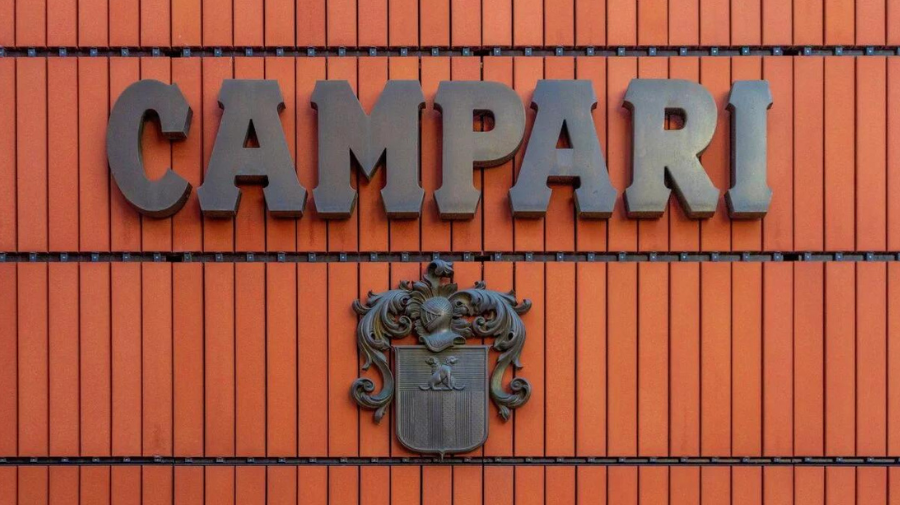Italian drinks major Campari has denied claims it is being investigated by prosecutors over alleged tax evasion.
A report by news agency Reuters yesterday (26 June) claimed prosecutors in Milan had opened an investigation into the holding company that controls Campari – Lagfin – citing “sources with direct knowledge of the matter”.
It said tax police uncovered around €1bn ($1.07bn) of unpaid taxes from 2018 to 2020 owed by the Luxembourg-based Lagfin.
In a responding statement, the Aperol brand owner rebuffed the allegations regarding Campari and “any of its subsidiaries”.
It said: “In relation to some articles published on June 26th by the media, Campari Group clarifies that neither Davide Campari-Milano N.V. nor any of its subsidiaries are under investigation by the authorities.
“Therefore, no impact is expected for Davide Campari-Milano N.V. nor for any of its subsidiaries.”
Lagfin told Reuters: “The company has always fulfilled its tax obligations with the utmost scruple in all the jurisdictions where it operates and considers any potential objection to be devoid of any basis.”
In a note to clients, Trevor Stirling, an equity analyst covering the beverages sector at AllianceBernstein, questioned the connection between Campari and Lafgin and called the headlines “misleading”.
He wrote: “Lagfin is the Luxembourg holding company of the Garavoglio family which owns 51% of Campari. So we see no direct implications for Campari itself.”
Stirling added: “In our view, a worst case would be that there is a formal investigation, that Lagfin is found to have underpaid taxes and has to make a substantial back payment.
“However, Lagfin’s stake in Campari is worth €5.8bn; and unless it is already highly levered, we think that surely some friendly bankers would be willing to lend against this stake.
“In an extremely unlikely scenario, Lagfin might have to sell some of their Campari shareholding, which would still leave it with a massive majority of the voting rights. However, we believe that in this extremely unlikely scenario, there could be a temporary stock overhang until, the market digests the placement.”









